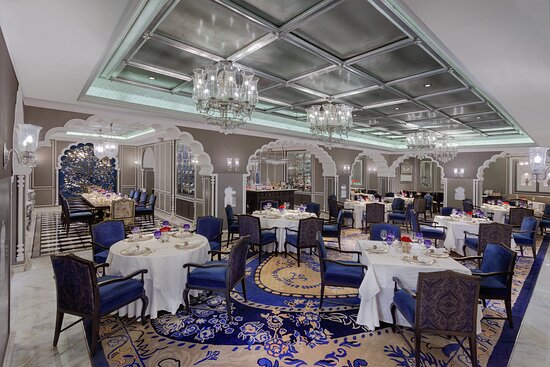Delhi
WELCOME TO Delhi
Territory Overview
New Delhi
1,484 km2
31 million
Hindi
Popular
Geography and Tourist Attractions
Information about the state's tourist attractions, including popular destinations, events, and activities.
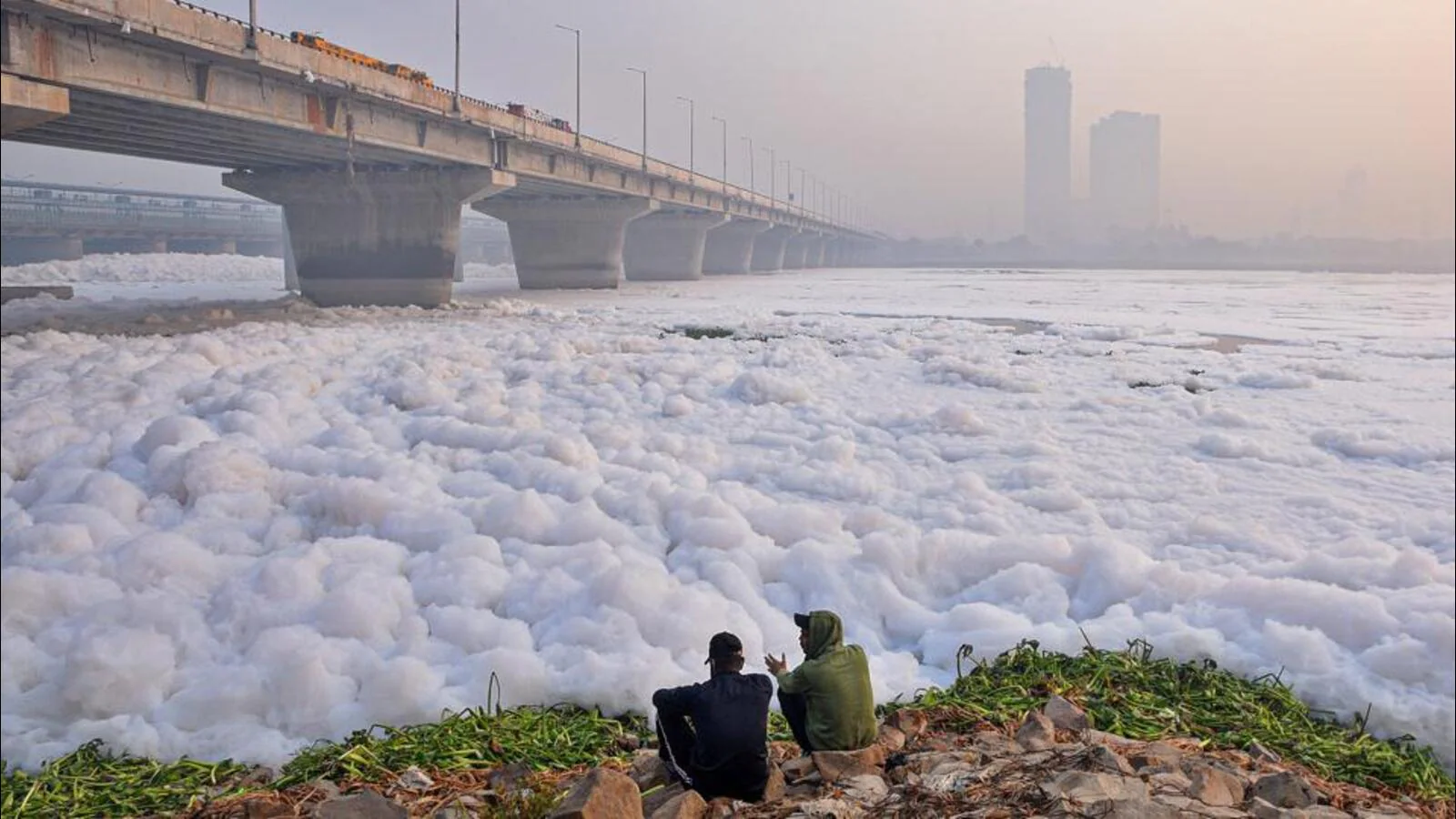
Yamuna River
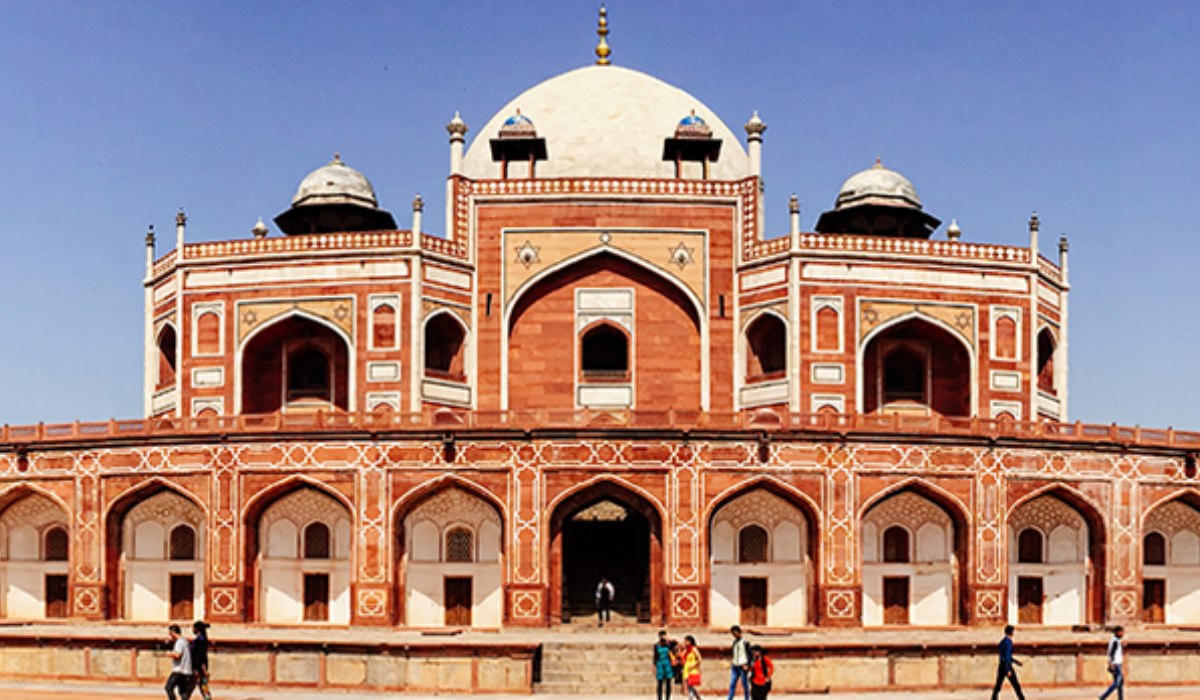
Old Delhi
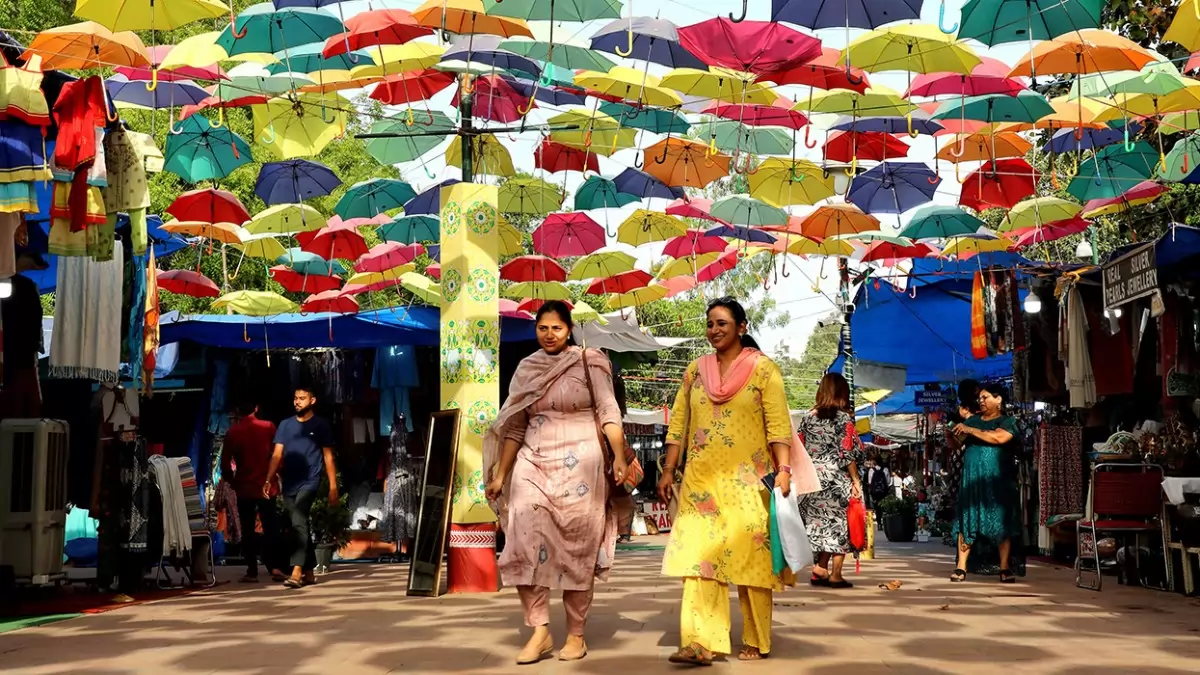
Dilli Haat
Political
Economy and Government
The Territory of Delhi, as the capital of India, holds significant economic and governmental importance. Its economy is diverse and dynamic, with various sectors contributing to its growth. Delhi serves as a major hub for finance, commerce, and industry. It houses numerous corporate headquarters, financial institutions, and commercial centers, attracting both national and international investments.
The government of Delhi follows a parliamentary system, similar to the rest of India. It has a Chief Minister and a Lieutenant Governor appointed by the President of India. The Chief Minister is responsible for the administration of the Territory, while the Lieutenant Governor represents the President and oversees certain legislative and administrative functions.
Delhi is a unique political entity as it has a special status under the Constitution of India. The government of Delhi has jurisdiction over subjects like public order, police, land, and services, while the central government retains control over matters related to defense, foreign affairs, and communications.
The government's focus in Delhi includes infrastructure development, education, healthcare, and welfare initiatives. The Territory is home to prestigious educational institutions, hospitals, and research centers, attracting students and professionals from various fields.
Overall, the combination of a robust economy, diverse sectors, and efficient governance makes Delhi a vital economic and administrative center in India.
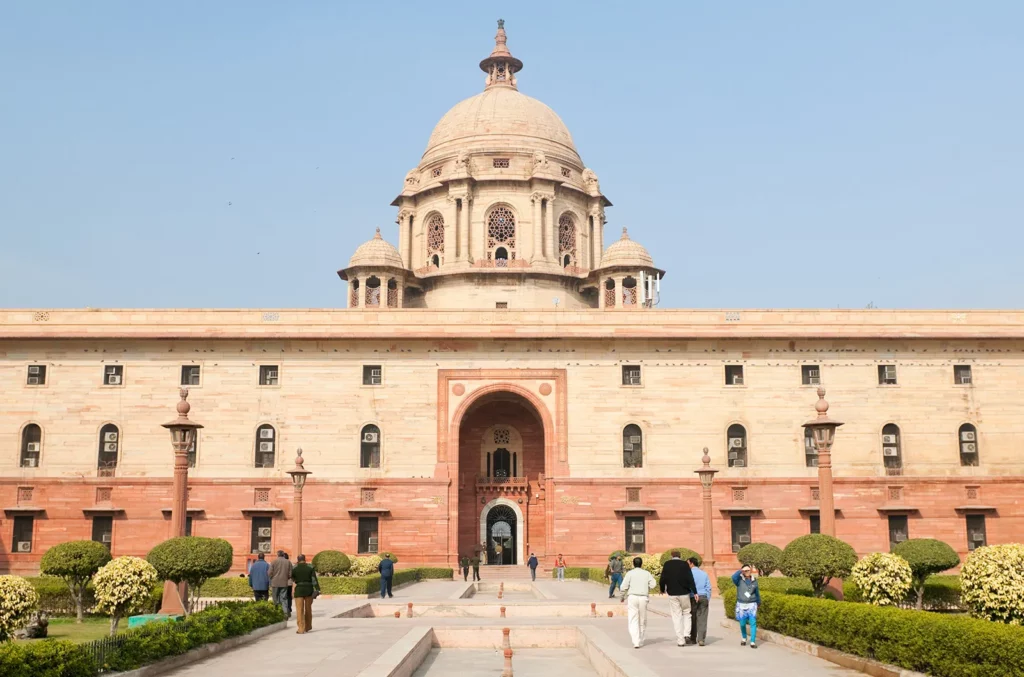
History
History and Culture
Delhi, a historic city in India, is a treasure trove of history and culture that spans several centuries. Its rich past dates back to ancient times, with archaeological evidence suggesting human habitation in the area since the 6th century BCE. Over the years, Delhi has witnessed the rise and fall of numerous empires, including the Mauryas, Guptas, Delhi Sultanate, Mughals, and the British.
The city's cultural fabric is a diverse blend of traditions, art, and architecture. Iconic landmarks like the Red Fort, Qutub Minar, Jama Masjid, and Humayun's Tomb stand as testaments to the grandeur of the Mughal era. The bustling streets of Old Delhi offer a glimpse into the city's vibrant markets, delicious street food, and the famous Chandni Chowk.
Delhi also holds a prominent place in India's struggle for independence. The Indian National Congress, led by Mahatma Gandhi, held significant meetings and protests in the city. Today, the National Gandhi Museum serves as a reminder of this pivotal period in India's history.
Moreover, Delhi is a melting pot of cultures, with people from different states and religions coexisting harmoniously. The city celebrates festivals like Diwali, Eid, and Holi with great fervor, showcasing its cultural diversity.
In essence, Delhi's history and culture intertwine, creating a captivating tapestry that attracts visitors from around the world, allowing them to delve into the city's glorious past and experience its vibrant present.
HOTELS
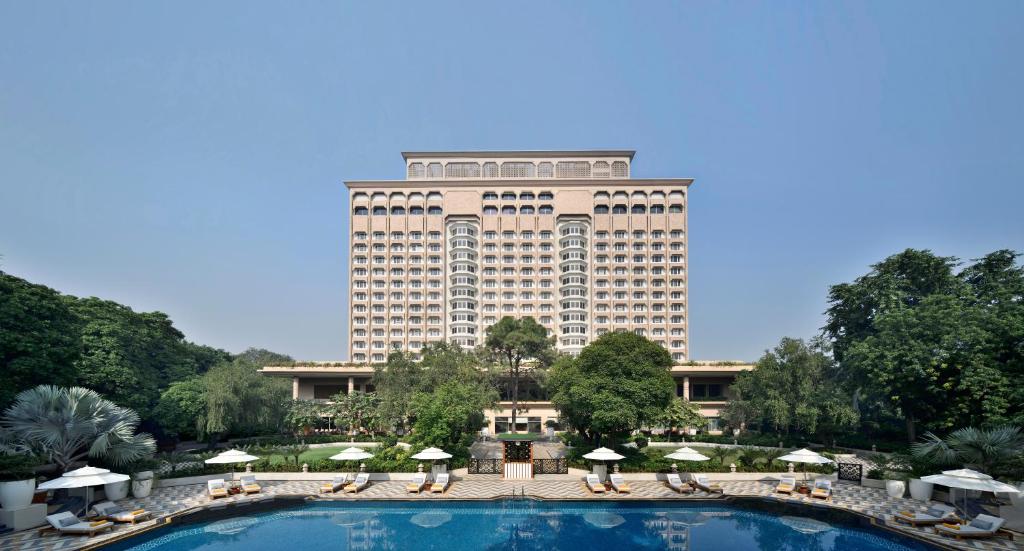
The Taj Mahal Hotel
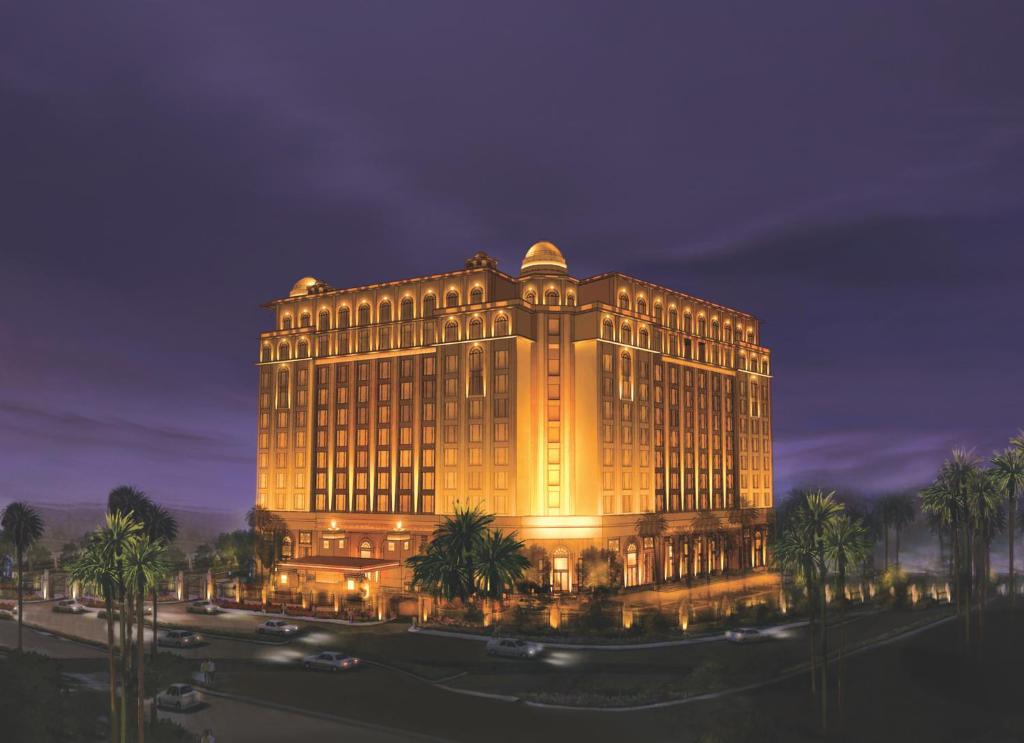
The Leela Palace
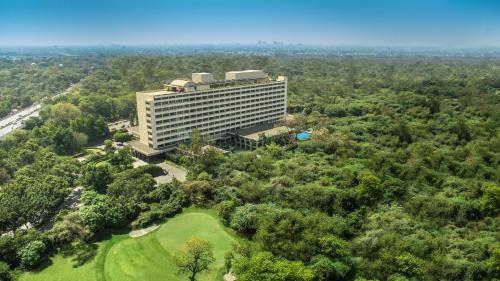
The Oberoi, New Delhi
RESTAURANTS

Indian Accent
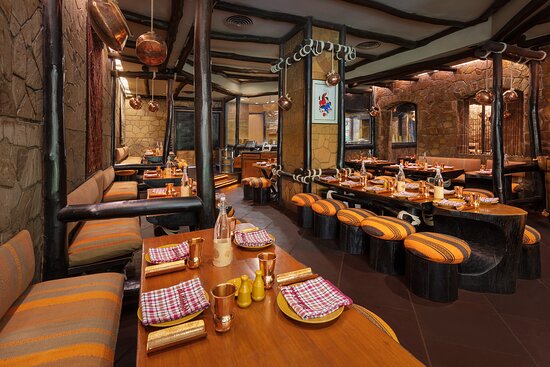
Bukhara
